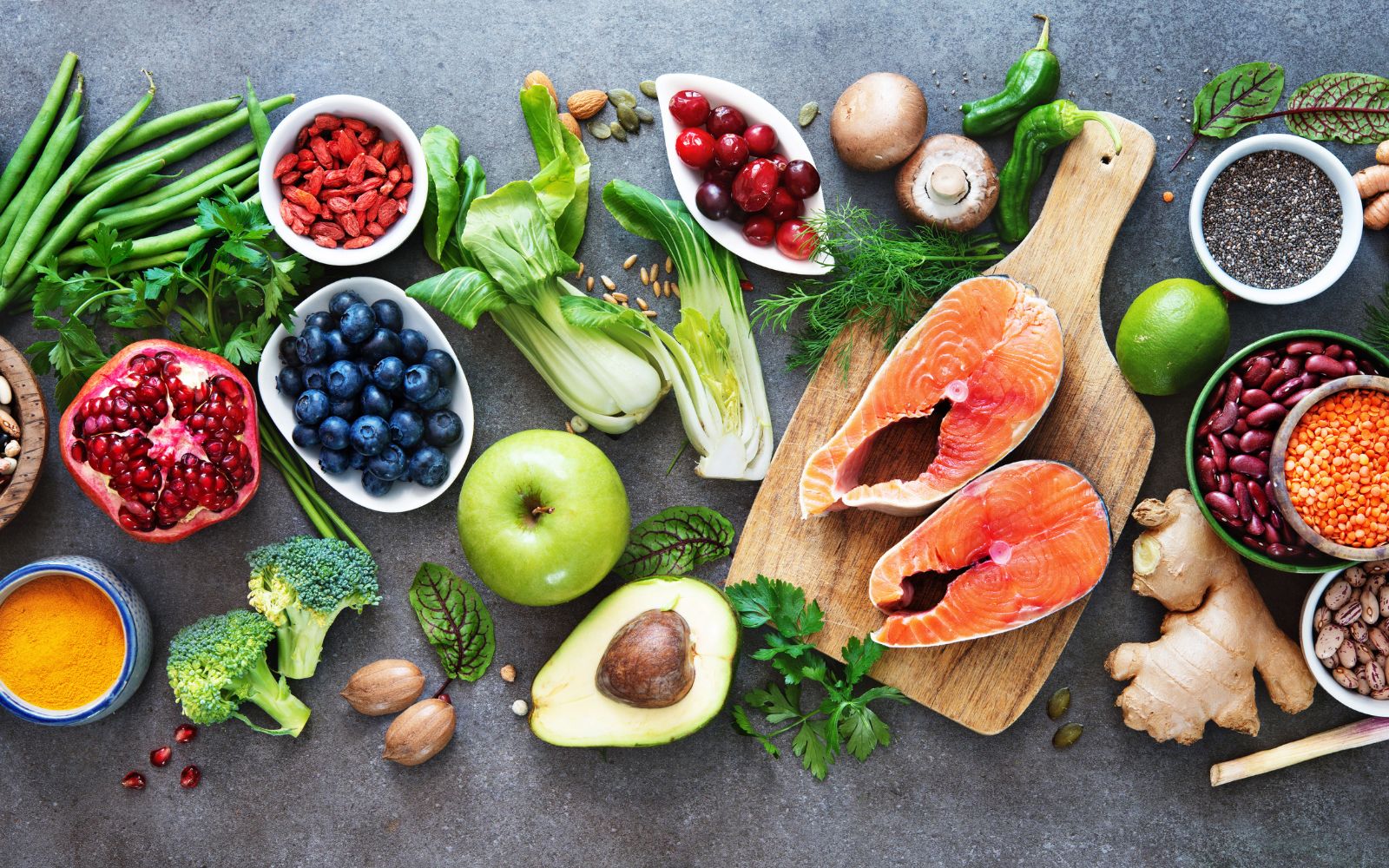
Maintaining a healthy prostate is crucial for men's overall well-being, especially as they age. The prostate gland, which plays a key role in the male reproductive system, can be prone to various issues, including enlargement and cancer. Did you know diet plays a significant role in promoting prostate health? This article explores the superfoods that can help support a healthy prostate, while also highlighting the ones to avoid in order to minimize risks.

Superfoods that aid in Prostate Health
1. Tomatoes
Tomatoes are rich in lycopene, a powerful antioxidant that has been linked to reduced risks of prostate cancer. Lycopene is more bioavailable in cooked tomatoes, so consider adding tomato sauce, soup, and stews to your diet. Studies have shown that men who consume high amounts of lycopene have a lower risk of developing prostate cancer.
2. Broccoli
Broccoli, and other cruciferous vegetables like cauliflower, kale, and Brussels sprouts, contain sulforaphane, a compound that may help protect against cancer. Sulforaphane is known to promote the body's detoxification enzymes, which can help eliminate potential carcinogens. Regular consumption of these vegetables is associated with a lower risk of prostate cancer.
3. Green Tea
Green tea is packed with antioxidants, including catechins, which have been shown to reduce the growth of prostate cancer cells. Regular consumption of green tea can help protect the prostate and may slow the progression of prostate cancer. Aim for 2-3 cups of green tea daily to reap its benefits.
4. Pomegranates
Pomegranates are rich in antioxidants and have been found to slow the progression of prostate cancer. Its juice contains polyphenols, which are potent in fighting cancer cells. Incorporating pomegranate juice or seeds into your diet can provide significant health benefits for the prostate.
5. Walnuts
Walnuts are high in omega-3 fatty acids, which have anti-inflammatory properties and may help reduce the risk of prostate cancer. They contain antioxidants and phytosterols, which can also help protect against cancer. Snacking on a handful of walnuts or adding them to salads and other dishes can be beneficial.
Foods to Avoid for Prostate Health
1. Red and Processed Meats
Diets high in red and processed meats have been linked to an increased risk of prostate cancer. These meats often contain harmful compounds like heterocyclic amines (HCAs) and polycyclic aromatic hydrocarbons (PAHs), which form during high-temperature cooking. Reducing the intake of these meats and opting for healthier protein sources like fish, chicken, and plant-based proteins can be beneficial. Stay informed about the risks of red and processed meats.
2. High-Fat Dairy Products
High-fat dairy products, such as whole milk, cheese, and butter, can increase the risk of prostate cancer due to their high saturated fat content. Saturated fats can promote inflammation and contribute to the development of cancer. Opting for low-fat or non-dairy alternatives can help mitigate these risks.
3. Excessive Alcohol
Excessive drinking can increase the risk of prostate cancer. Alcohol can interfere with the body's ability to metabolize and eliminate carcinogens, thereby increasing cancer risk. Limiting alcohol intake to moderate levels (up to one drink per day for men) is advisable.
4. Sugary Foods and Beverages
High sugar intake can lead to obesity, which is a risk factor for many cancers, including prostate cancer. Sugary foods and beverages can also cause insulin resistance, which can promote cancer cell growth. Reducing the intake of sugary snacks, sodas, and desserts is essential for maintaining prostate health.
A healthy diet rich in superfoods like tomatoes, broccoli, green tea, pomegranates, and walnuts can significantly support prostate health and reduce the risk of prostate issues. On the other hand, avoiding red and processed meats, high-fat dairy products, excessive alcohol, and sugary foods is crucial in maintaining a healthy prostate. By making mindful dietary choices, men can take proactive steps to protect their prostate and overall health.
For more information and additional resources on prostate health, consider visiting the American Cancer Society and the National Institute on Aging. These sites provide comprehensive and reliable information on prostate health and cancer prevention.